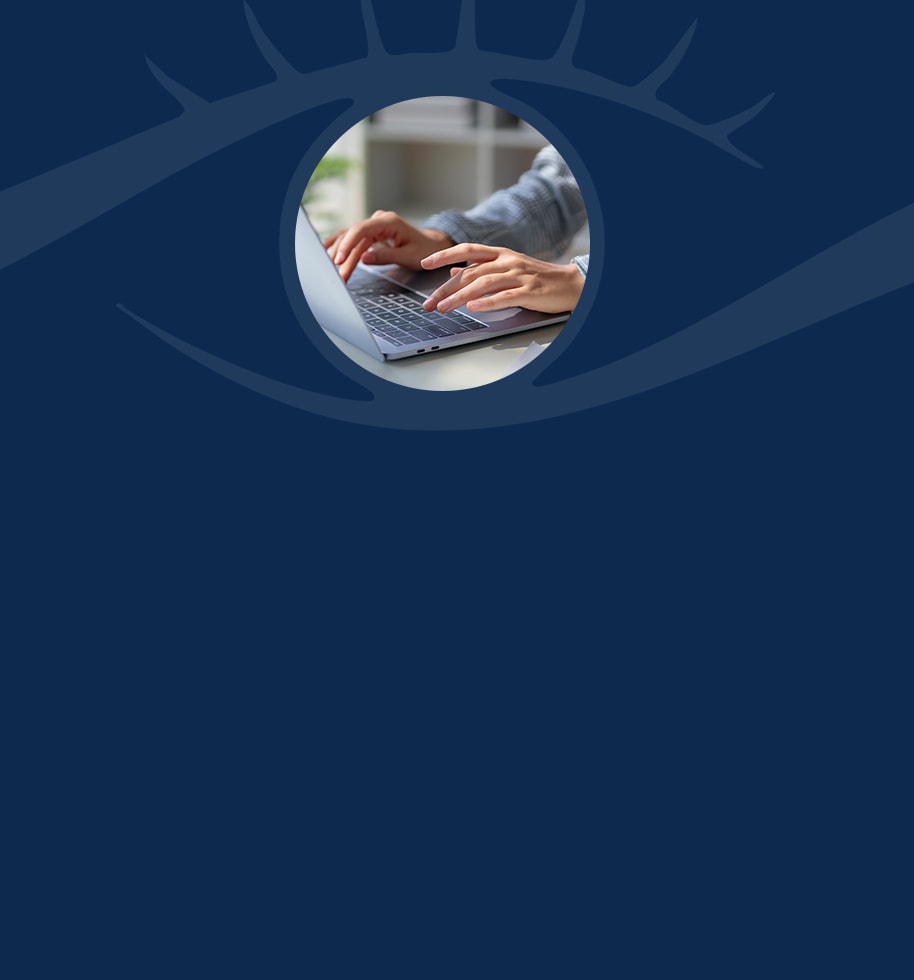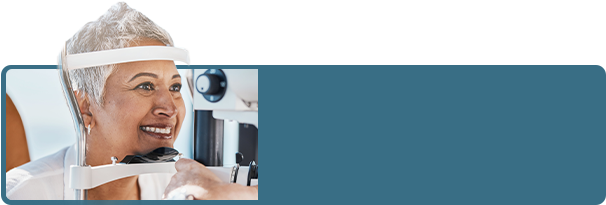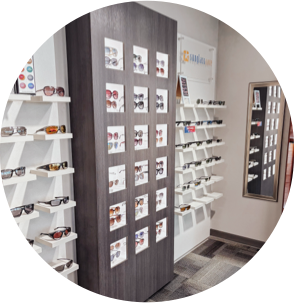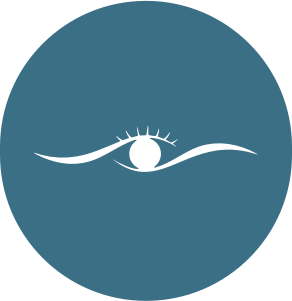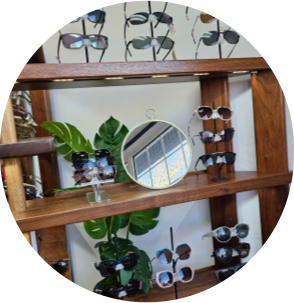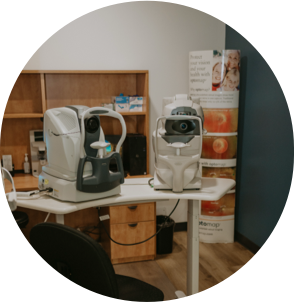Your visual system is incredibly complex. But it doesn’t always work exactly how it should. When a problem develops with how well the eyes and brain work together as a team, it’s called “binocular vision dysfunction.” So, how do you test for this condition, and how is it treated?
During a comprehensive eye exam, an optometrist can check how well the eyes and brain work together. Then, they’ll likely recommend vision therapy—a treatment designed to retrain your visual system to work seamlessly!
How Does the Visual System Work?
Your eyes are amazing. They work in unison with the brain to create the images you need to see the world around you. Each captures light and sends it through the optic nerve to the brain, processing and interpreting it as visual information. This complex system lets you determine depth, distance, size, and focus.
However, each eye receives slightly different information since they view everything from a slightly different angle. So when the brain receives the information, it’s combined into a singular image. This process is called “binocular vision.”
But what if there’s a problem along the way? What if one eye sends information that doesn’t quite line up? That can be a problem.
What Is Binocular Vision Dysfunction?
When there’s a problem with the coordination between your two eyes, it’s called “binocular vision dysfunction” or BVD. This condition often causes:
- Headaches
- Double vision
- Eye strain
- Difficulty reading or focusing
- Poor depth perception
- Poor spatial awareness
It can develop due to several reasons, like a traumatic brain injury, the natural misalignment of the eyes, or a problem with your eye muscles. If you notice any of the above symptoms, it’s time to visit an optometrist to get a proper diagnosis for your BVD.
How Do You Test for Binocular Vision Dysfunction?
So, how exactly does an optometrist test for BVD? It all starts with a comprehensive eye examination. During this, your optometrist may test and assess:
- How your eyes move in unison
- Your depth perception
- How your eyes respond to different stimuli
- Your ability to focus at varying distances
- The alignment of your eyes when looking at an object
- Your ability to switch focus from one object to another
This lets them gain a proper understanding of how your visual system works. They’ll be able to determine how well your eyes and brain work together and may determine what’s causing your vision problems.
Don’t worry! If you don’t know what to expect during your exam, your optometrist can explain each test while it’s occurring. They’ll guide you through what each test is designed to do to help you feel more relaxed.
How Is Binocular Vision Dysfunction Treated?
When you’re diagnosed with BVD, treatment aims to correct the misalignment between your two eyes. Sometimes, an optometrist will recommend using specialized prism glasses. These glasses adjust how light enters the eye to adapt to the misalignment.
However, glasses alone may not be enough. If the misalignment is due to muscle weakness, neurological issues, or a traumatic brain injury, you may need more advanced treatment.
In these situations, your optometrist will likely recommend a series of eye exercises designed to strengthen the coordination between the eyes and brain. This is called vision therapy.
What Is Vision Therapy?
Vision therapy is a specialized program aiming to improve how well your brain and eyes work together. You’ll perform a series of exercises given to you by your optometrist, all designed to re-train your visual system to function more effectively.
During vision therapy, you can expect exercises and activities related to:
- Eye tracking
- Focusing exercises
- Visual processing activities
- Convergence (how well your eyes work together to focus on nearby objects)
- Depth perception
Vision therapy is an approach that considers the interconnection of various visual and neurological processes. It aims to optimize the entire visual system—eyes, brain, and body—for improved comfort, performance, and efficiency of daily activities.
A vision therapy plan is customized to your unique situation, so your plan may vary.

Can Vision Therapy Help You?
If you think you have binocular vision dysfunction or are experiencing any other problems with your vision, see our team at Prairie Vision. We can perform a comprehensive eye examination and recommend an appropriate type of treatment. Book an appointment with our team, and let’s work together to improve your vision!
